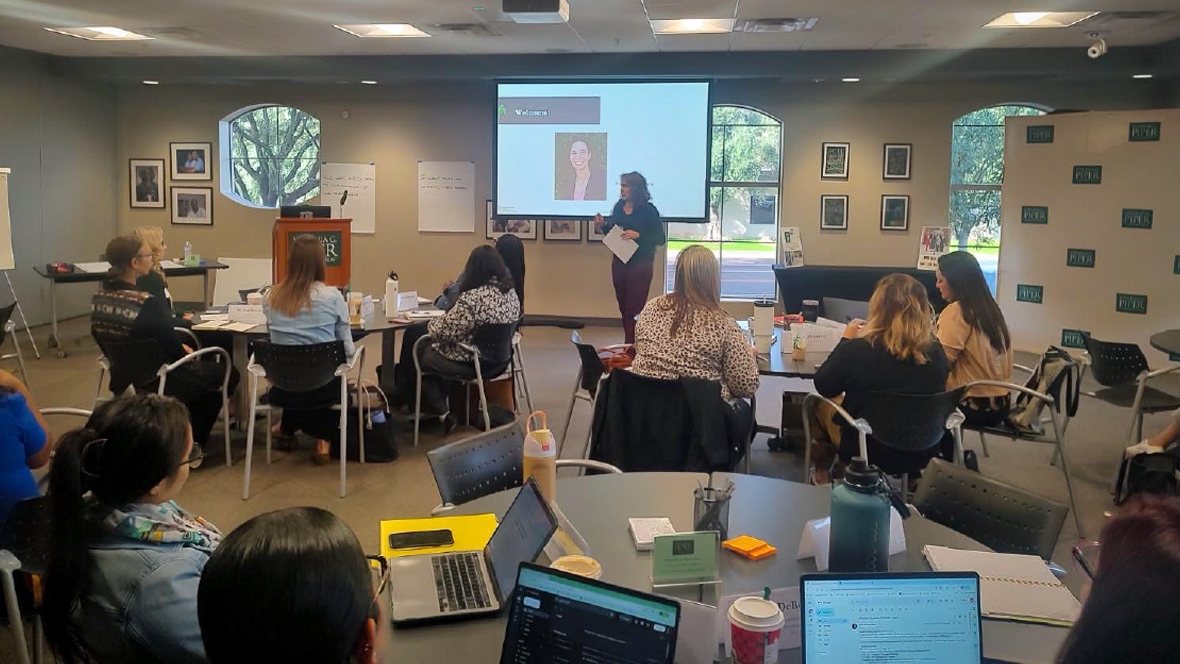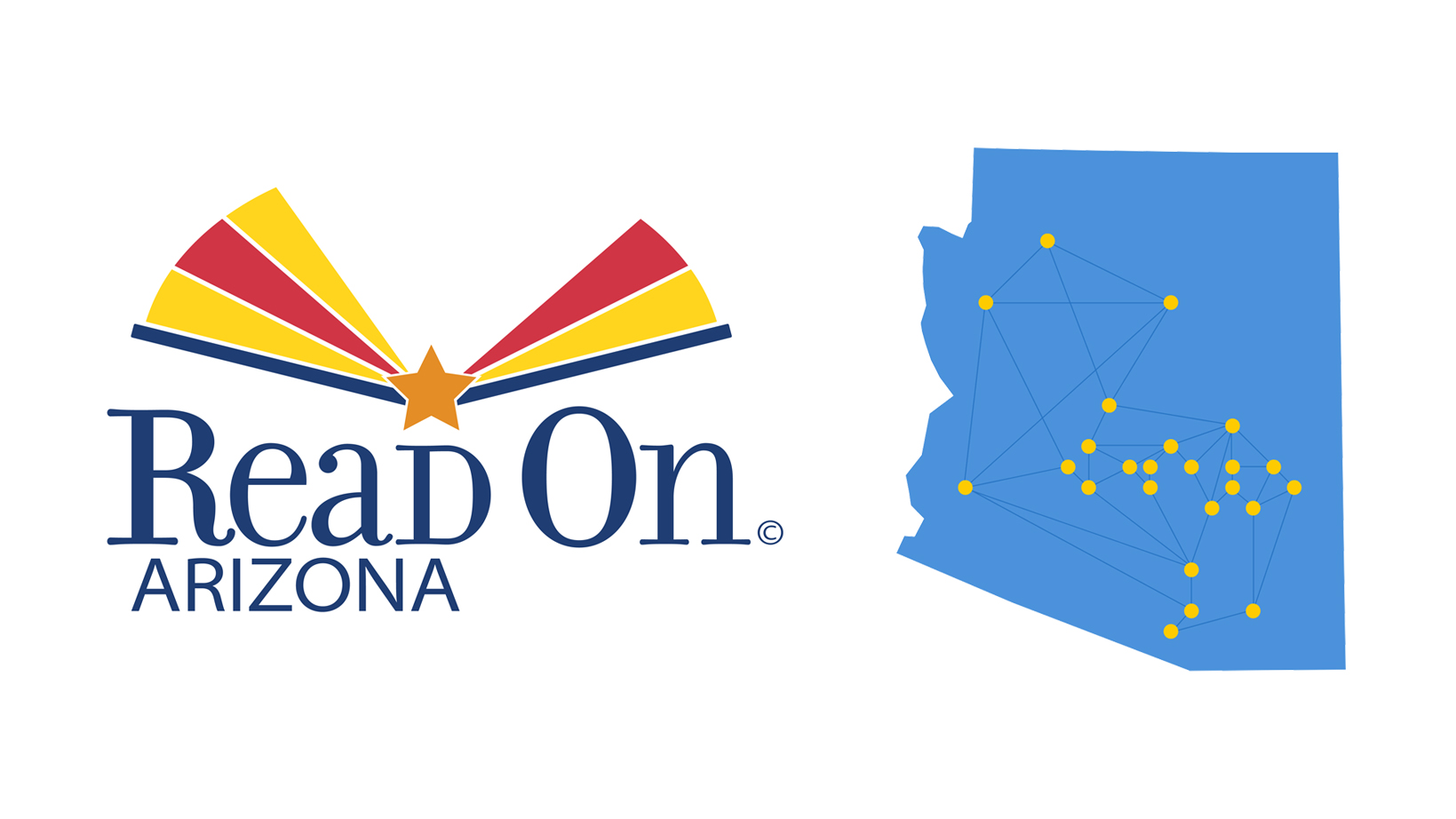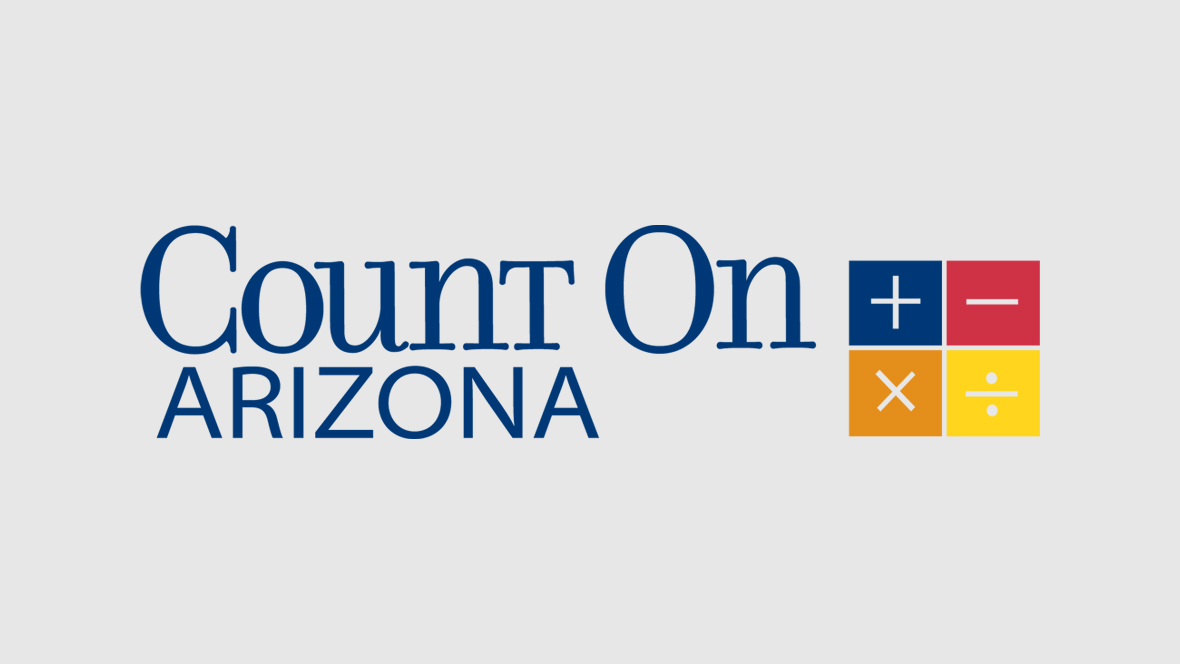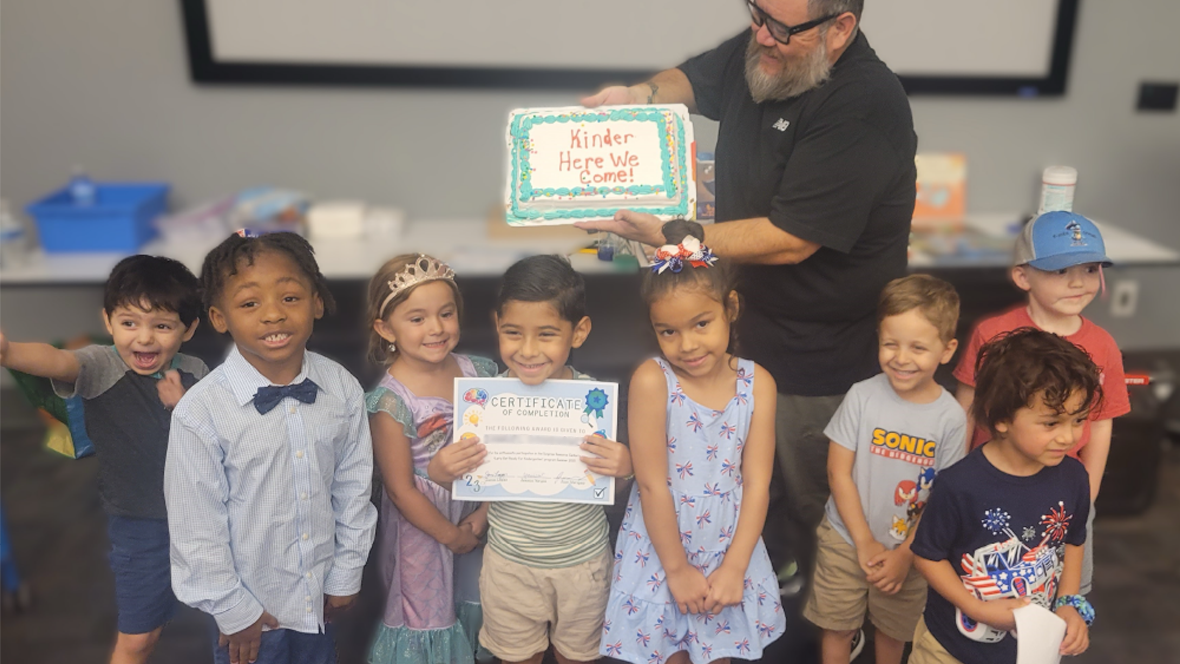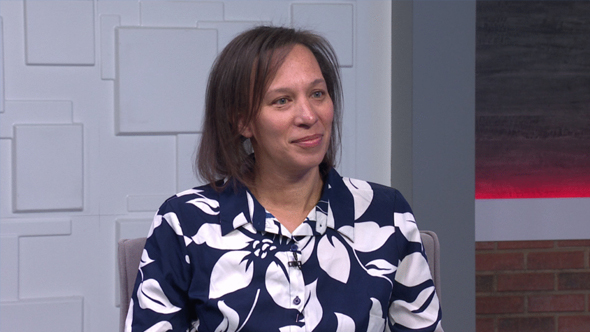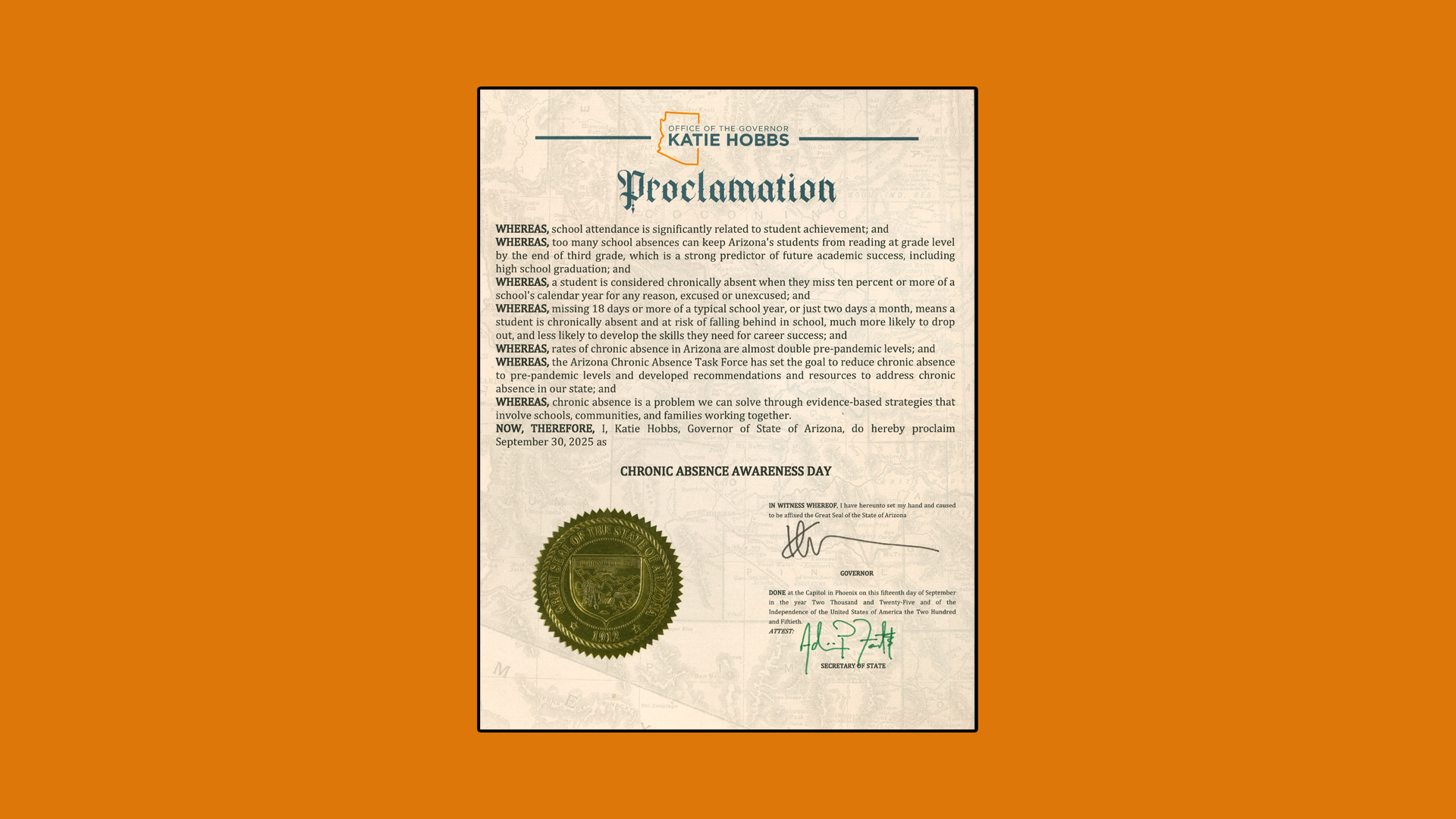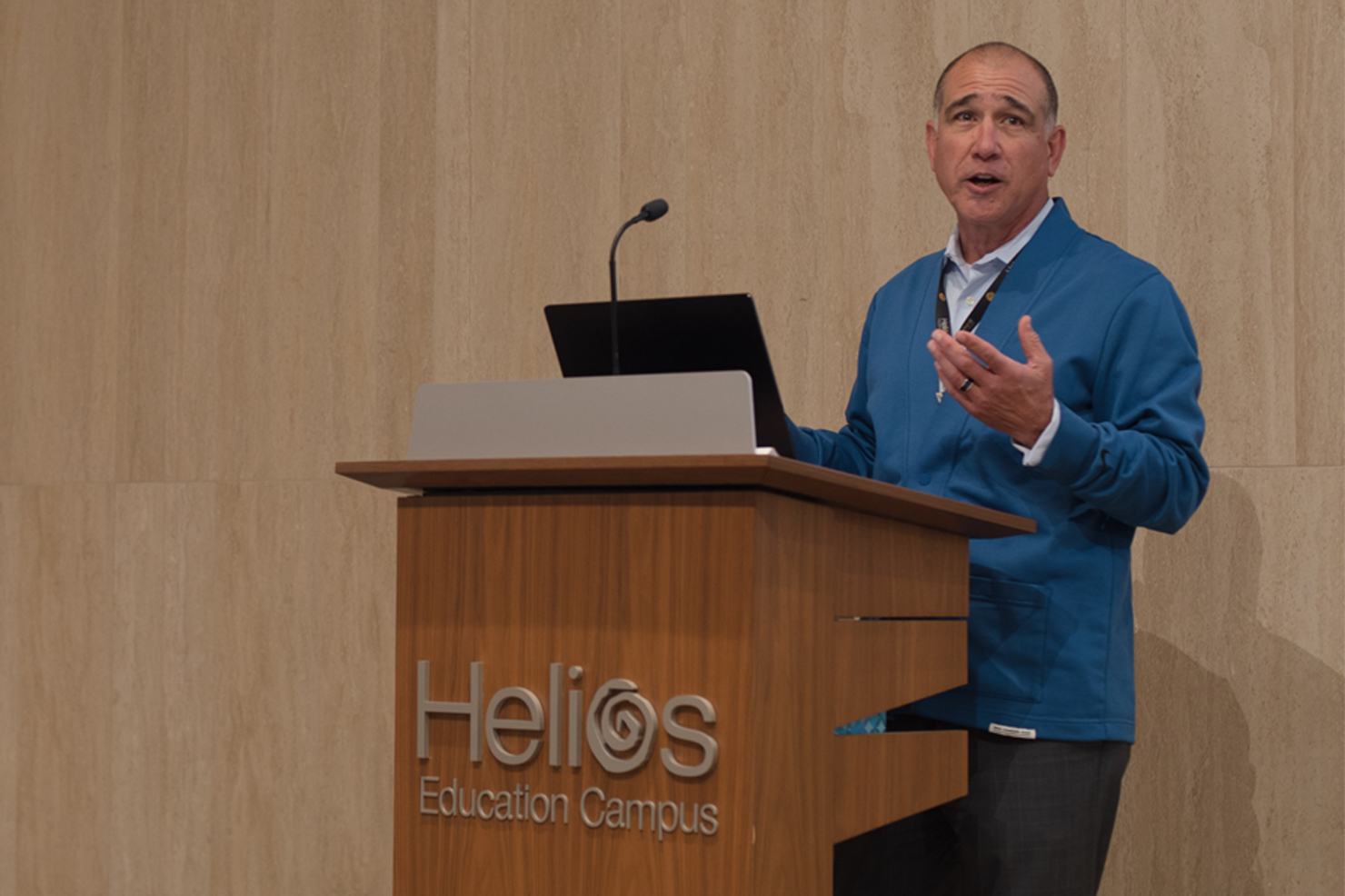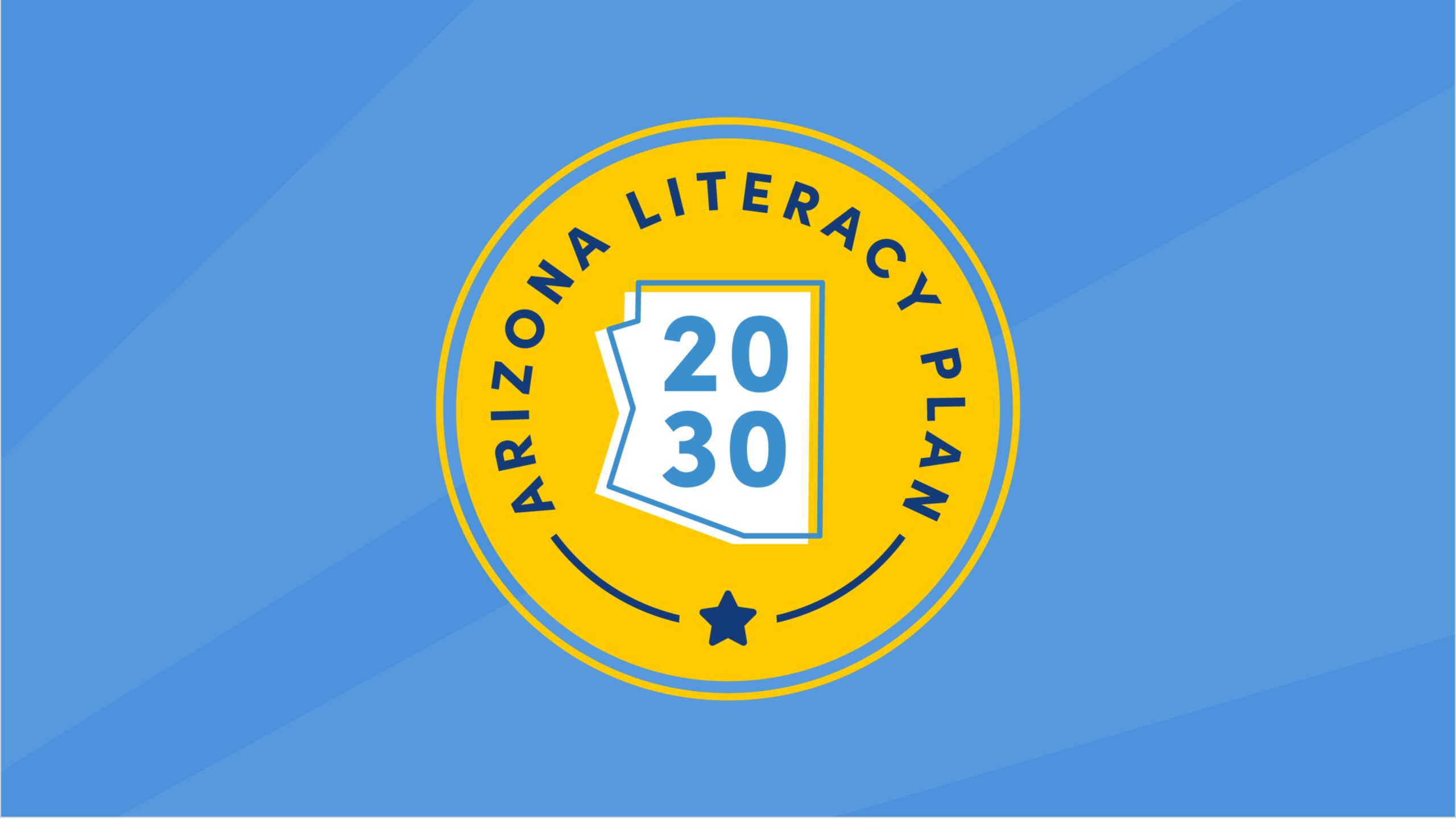March 31, 2023
Read On Arizona
From 2009 to 2022, Arizona was one of only five states to show statistically significant gains in fourth grade reading on the National Assessment of Educational Progress (NAEP). Third grade reading proficiency, measured by Arizona’s statewide assessment, was improving steadily prior to the pandemic and rebounded in 2022.
But despite the significant increase from pandemic-related declines, only 41% of our 82,000 third graders passed the most recent statewide assessment. The percentage of students scoring in the lowest performance category (minimally proficient) remains eight percentage points higher than it was prior to the pandemic, and long-standing achievement gaps persist.
To accelerate progress in early literacy and third grade reading in our state, partners in Read On Arizona have identified four shared strategic priorities to focus our collective efforts and maximize impact.
1. Building educator capacity in teaching reading effectively.
Student outcomes improve when K-3 and early learning educators are supported with comprehensive training and coaching in the science of reading. Funding from recent federal grants and state investments is dramatically increasing the number of K-3 and early learning teachers in Arizona with comprehensive training in teaching reading effectively and follow-up coaching to help them put it into practice.
Impact Highlight:
- 26,000 educators in Arizona have been trained in teaching reading effectively.
2. Scaling up literacy solutions that work.
Accelerating progress in improving student outcomes requires a comprehensive set of evidence-based literacy strategies — high-quality instruction, interventions, and a balanced system of screening and assessment — to ensure that all children receive the support they need to achieve language and literacy milestones.
Impact Highlights:
- 13,000 struggling readers are being served with high quality literacy supports as part of Arizona’s federal Comprehensive Literacy State Development (CLSD) grant.
- 4,150 additional young children have access to quality books at home through the expansion of Arizona’s Dolly Parton’s Imagination Library program (since January 1, with funding for a total of 7,000).
- $9M+ in new, targeted philanthropic investments in early literacy aligned with evidence-based solutions.
3. Engaging families and communities in early literacy.
Language and literacy outcomes are driven by the learning that happens at home and in community settings as well as in the classroom. Families need high quality, developmentally appropriate tools, resources, and information so they can effectively support their child’s language and early literacy development.
Impact Highlights:
- 26 Read On Communities coordinating local literacy efforts.
- 5 local literacy hubs serving high need areas through Project CALL.
4. Expanding access to quality early learning.
The skills and abilities children need to be proficient readers start developing from birth. High-quality early education programs support language and early literacy development and help young children be ready to learn to read.
Impact Highlight:
- $42M awarded to Arizona through the federal Preschool Development Grant
In the wake of the substantial unfinished learning resulting from the pandemic, these shared priorities reflect the ongoing commitment of state and local partners in Read On Arizona to take a strategic, collaborative approach to scale what works and provide effective supports where they’re most urgently needed. They also highlight the need to plan for the long-term sustainability of key literacy initiatives currently funded with federal dollars.

